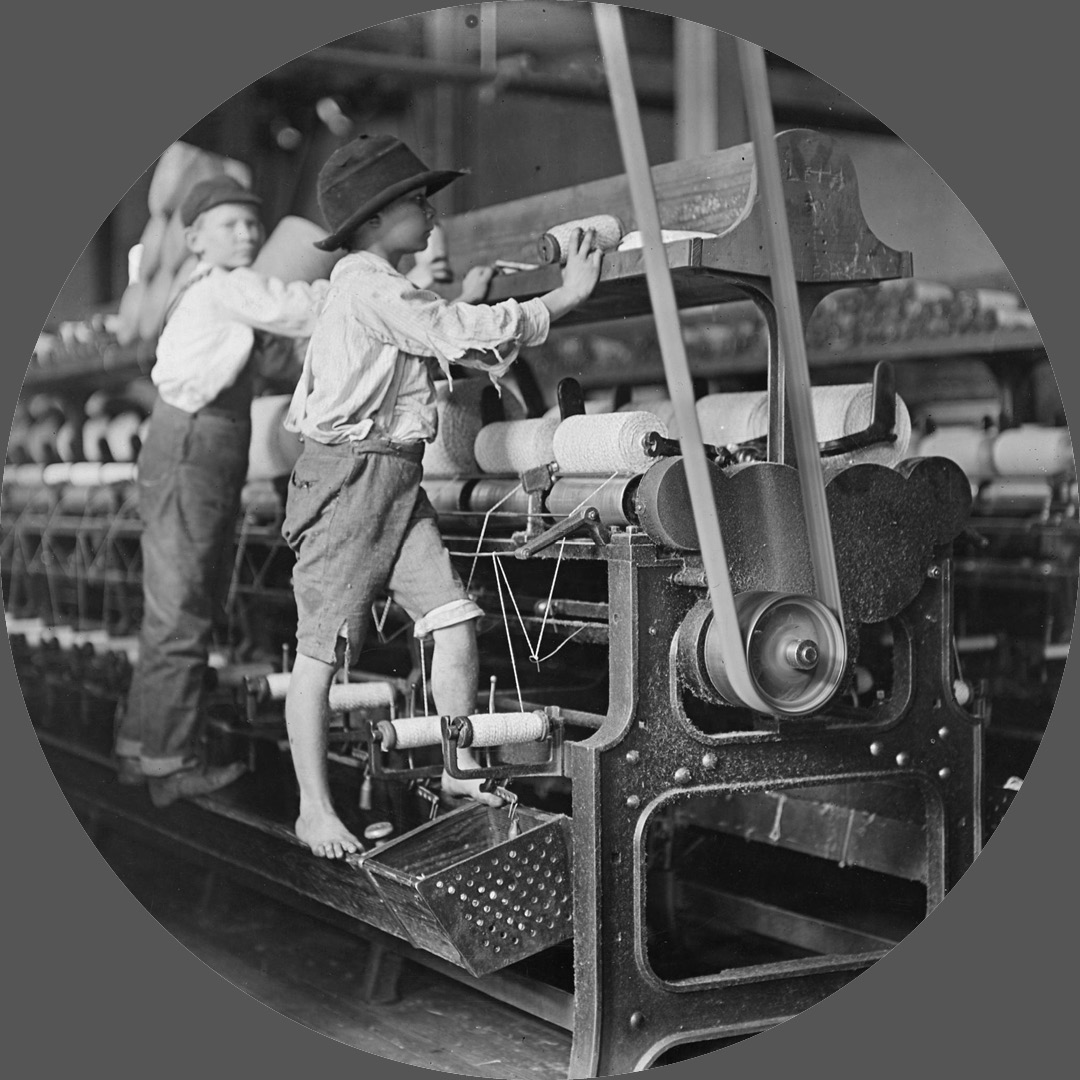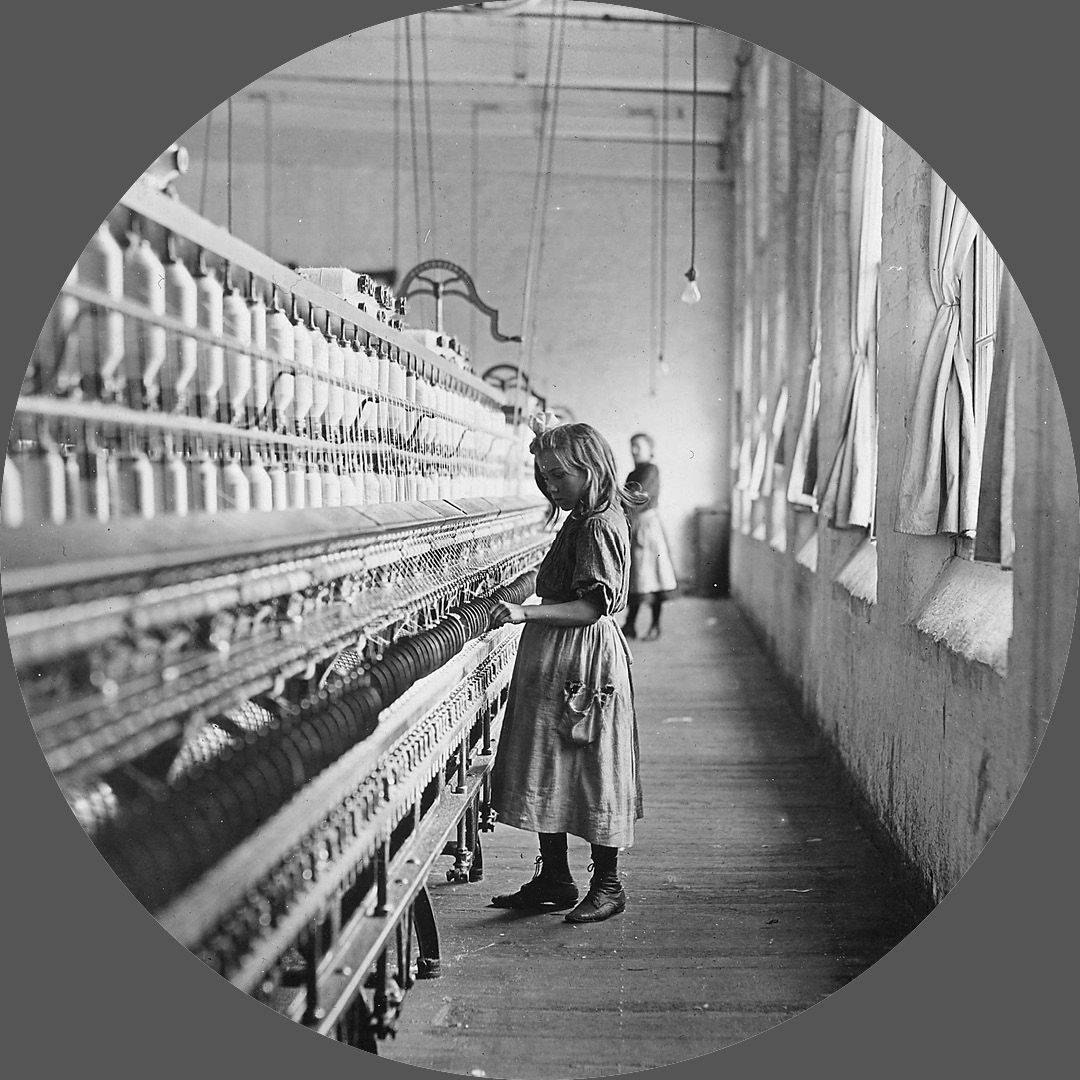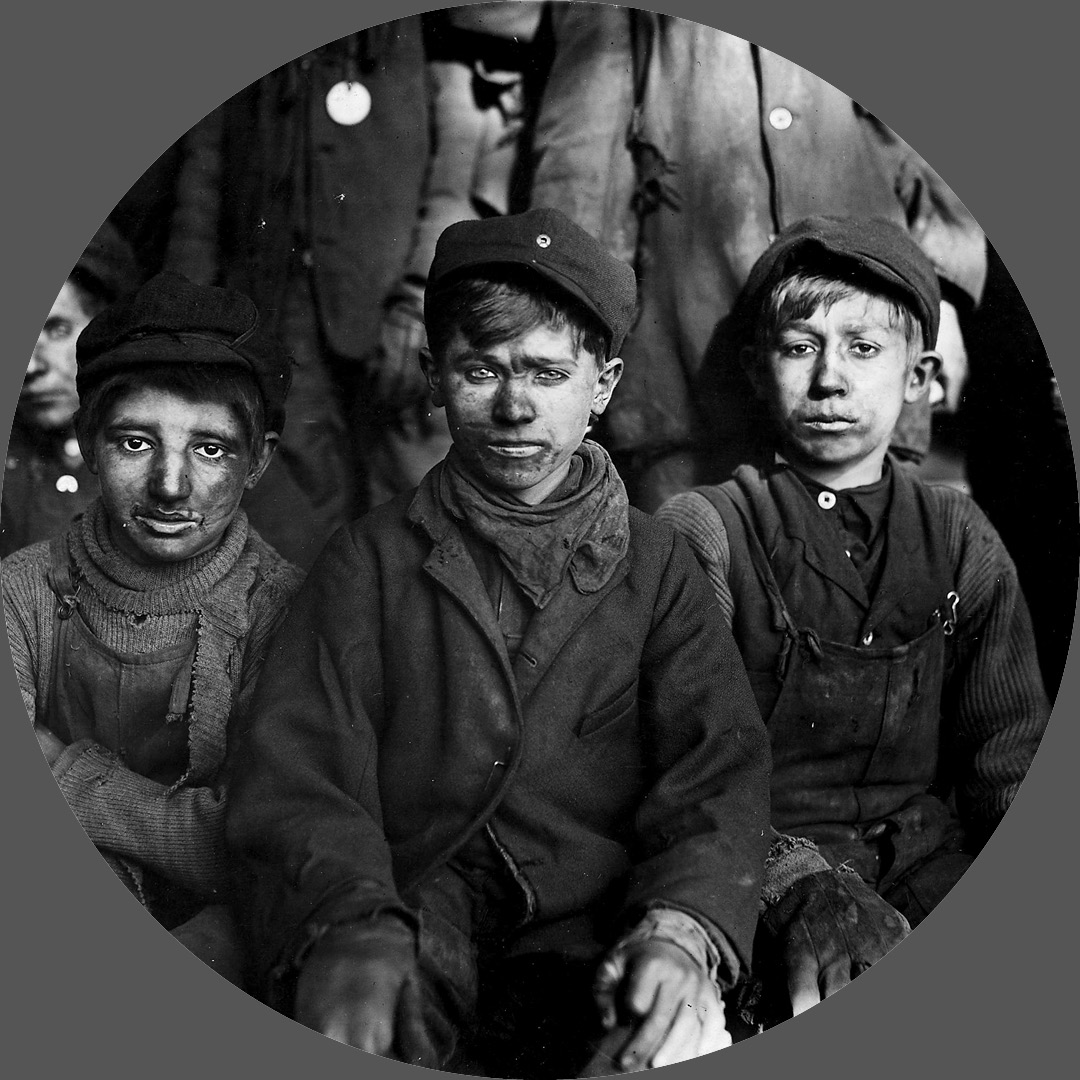Machine Test 4
 Lives of Machines and The Industrial Revolution
Lives of Machines and The Industrial Revolution
This is Part A
Amplitude: Every time the balance wheel swings back and forth it causes what we refer to as a beat or a tick. The maximum angle that the balance can swing from its position of rest is the amplitude. When the balance wheel is in a horizontal position on your wrist the amplitude will typically be between 275 and 315 degrees before spinning around the opposite direction another 275 to 315 degrees. Poor amplitude will affect the time your watch keeps which is why it’s important to measure the amplitude and properly maintain your watch.
“There exist limitless opportunities in every industry. Where there is an open mind, there will always be a frontier.”
Charles Kettering
The Industrial Revolution
The Industrial Revolution, also known as the First Industrial Revolution, was a period of global transition of human economy towards more efficient and stable manufacturing processes that succeeded the Agricultural Revolution, starting from Great Britain, continental Europe, and the United States, that occurred during the period from around 1760 to about 1820–1840. This transition included going from hand production methods to machines; new chemical manufacturing and iron production processes; the increasing use of water power and steam power; the development of machine tools; and the rise of the mechanized factory system. Output greatly increased, and a result was an unprecedented rise in population and in the rate of population growth. The textile industry was the first to use modern production methods, 40 and textiles became the dominant industry in terms of employment, value of output, and capital invested. On a structural level the Industrial Revolution asked society the so-called social question, demanding new ideas for managing large groups of individuals. Visible poverty on one hand and growing population and materialistic wealth on the other caused tensions between the very rich and the poorest people within society. These tensions were sometimes violently released and led to philosophical ideas such as socialism, communism and anarchism.

Some boys and girls were so small they had to climb up on to the spinning frame to mend broken threads and to put back the empty bobbins, January 1909. Photographer: Hine, Lewis.


